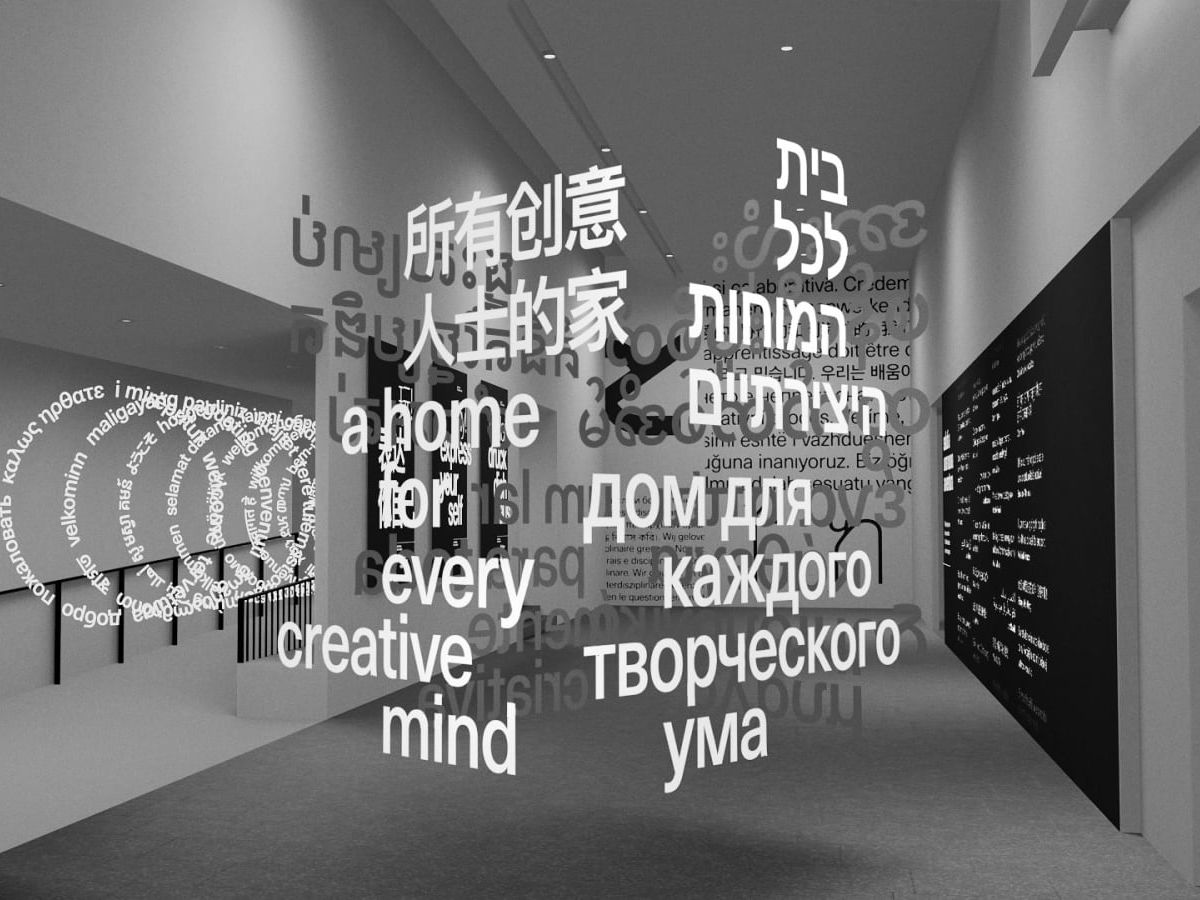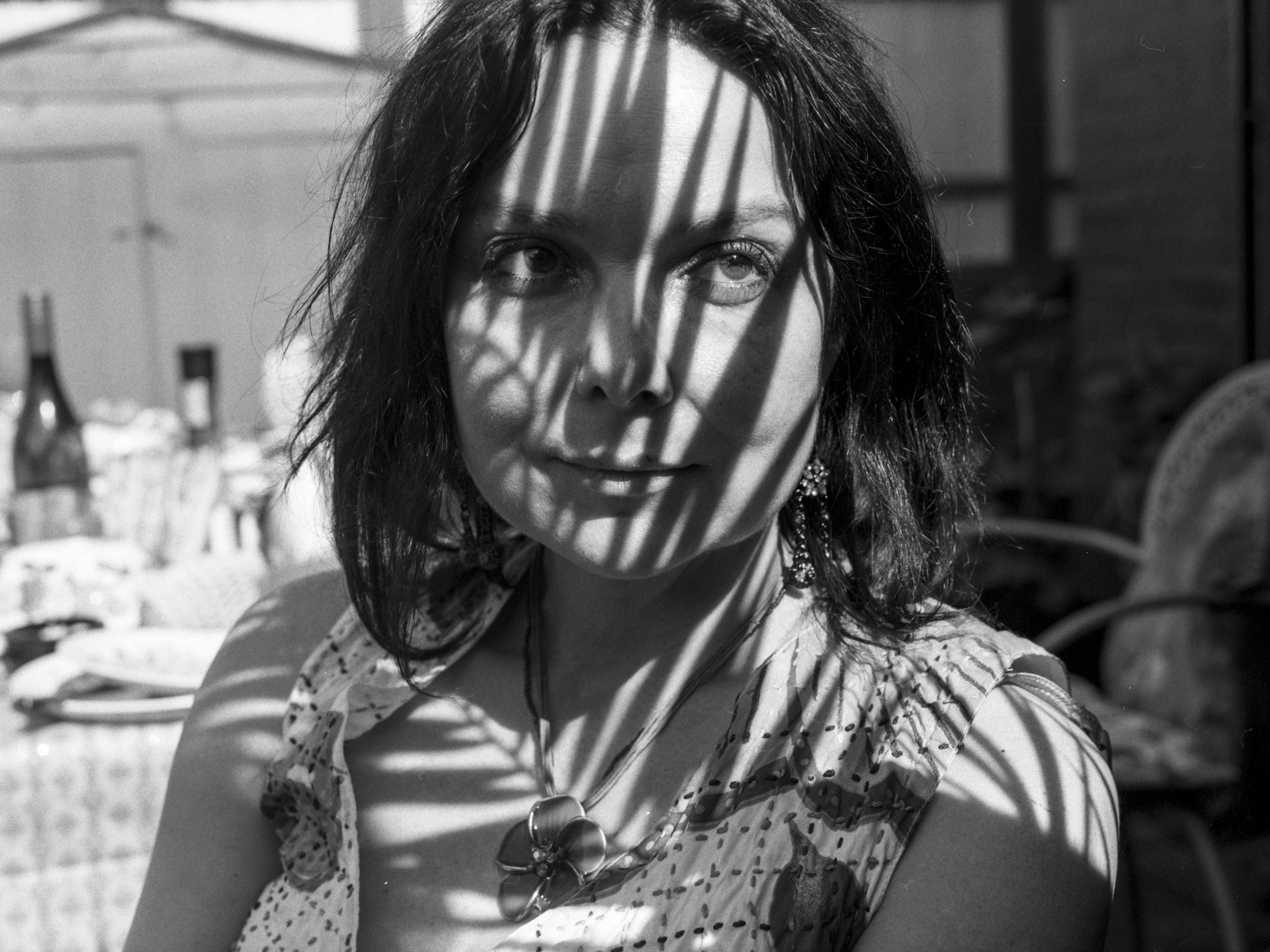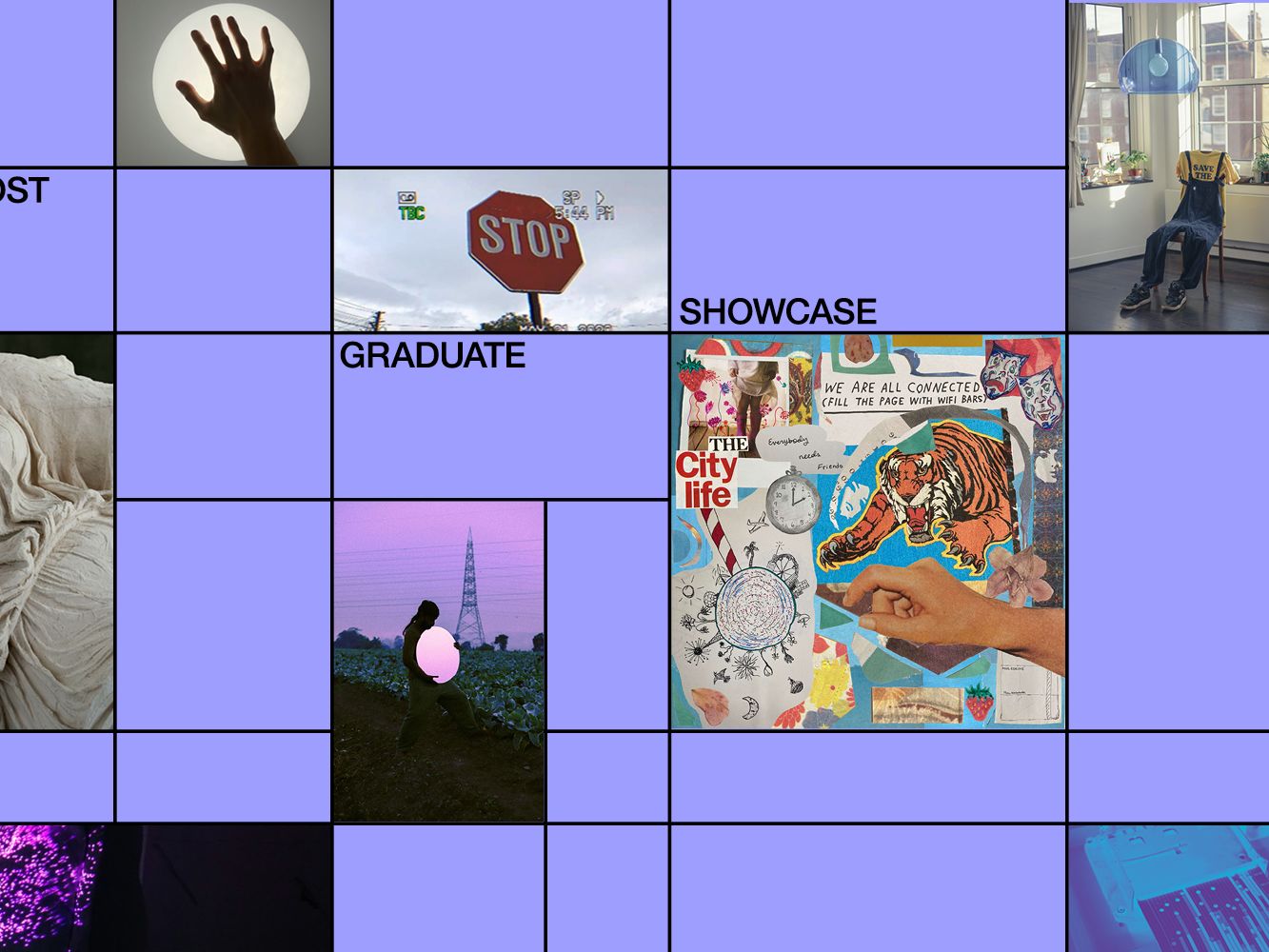
International Women's Day: Choosing to challenge
To mark International Women's Day 2021, Student Changemaker Prachee Mashru shares the lessons she learned from her mother on resilience and determination.
8 March marks International Women's Day, an annual initiative which aims to celebrate the social, economic, cultural and political achievements of women while calling for greater gender equality.
With activities taking place across the globe, we asked our students to join the conversation and share their thoughts around the theme for 2021, 'Choose to Challenge', which asks supporters to call out gender bias and inequality in order to inspire change.
In this feature, recent MA Photojournalism and Documentary Photography graduate and Student Changemaker, Ana Blumenkron, explores the need for greater diversity and representation in the media and screen industries, and explores the actions we can all take in order to create a more equal, inclusive world.
There has never been a better time to talk about female representation in photography - not only on the number of female photographers behind the camera, but also on how women are depicted in the camera frame.
As one of the 13 female photographers that have been Magnum members, Susan Miselas once asked herself: “Who has the power to look, and why?” This is not new to the photography industry, where stats from World Press Photo show 80% of participants are men. The issue also translates to other areas of the industry: in the Academy Awards’ 92-year history, only 5 women have ever been nominated for Best Director, and only 1, Kathryn Bigelow, has ever won. And big congratulations to Chloé Zhao, who just became the second-ever female to win Best Director at the Golden Globes. The lack of female winners in competitions such as World Press Photo, film festivals and more does not come from an absence of women doing the job, but rather an abundance of men running contests and awards.
To mark International Women’s Day, I want to encourage my fellow female friends: do not to be afraid. I have a personal theory that we can be bigger perfectionists with our work, and probably have more chores running at home that prevent us from submitting to awards and open calls. But I want to encourage you to just do it. We have to power to transform our industry into one that’s more diverse, especially women like myself who aren’t white.
Make an effort to represent female bodies as you want to. Use your beautiful female gaze. I wish for work where images of women pleasing the male gaze will slowly fade and become exchanged for images of powerful women owning their bodies and their sexuality.
And to my fellow men who are reading this post: feminism is not about women being placed over men, but of people seeking gender equality. It can seem scary or feel overwhelming, and it may be painful to change the status quo and lose some of your privileges, but feminism is also good for you. I know a lot of men who would use their power to benefit their loved ones and friends, and if we want to achieve a feminist world, it’s about making space for every single woman, not only the ones you’re personally connected to or benefit from. I know this can be very hard, but imagine a world where you were not the sole one responsible for paying the bills; to be a stay-home dad if you wanted, to express your feelings freely and wear a skirt without being tormented by your friends.
Dear men, please if you are ever seated at a table where there are no women and people of color, demand to have a diverse panel. That’s what being an ally means. You can also explore the topic through reading - if you are wondering where to start, I’d recommend Chimamanda Ngozi Adichie’s We Should all be Feminists.
To all my female colleagues, please keep submitting and putting your work forward, and to editors, both men and women: hire more women. If you want to have a more interesting looking medium, having diversity in your views can be extremely beneficial.
We want and need more photographers like Dorothea Lange, Cindy Sherman, Diane Arbus, Nan Goldin, Agnès Varda, Sophie Calle, Claude Cahun, Maya Goded, Vivian Maier, Sally Mann, Jo Spence, Diana Markosian, Jodi Bieber, Françoise Demulder, Juno Calypso, Graciela Iturbide, Pixie Liao, Poulomi Basu, Rineke Dijkstra, Jackie Russo, Aletheia Casey, Susan Miselas, Zanele Muholi, Rhiannon Adam, Sim Chi Yin, Yvonne Venegas and many more, so that the tag of ‘female photographer’ can disappear and we can all just turn into photographers and artists.
Women, let's gain a larger ground to be doing the looking, because we bring an important view to the table: our female perspective.
Image credit: Foreplay, Ana Blumenkron

To mark International Women's Day 2021, Student Changemaker Prachee Mashru shares the lessons she learned from her mother on resilience and determination.

We explore the Changemakers Initiative at London College of Communication, which enables students to explore, discuss, question and shape academia.

We chat to LCC graduate Zula Rabikowska about her recent achievements, the highlights of her time at the College, and how our Industry Mentoring Scheme has helped to kickstart her career.

Explore our Postgraduate Showcase from Thursday 28 January as we celebrate inspiring new work across design, media and screen.